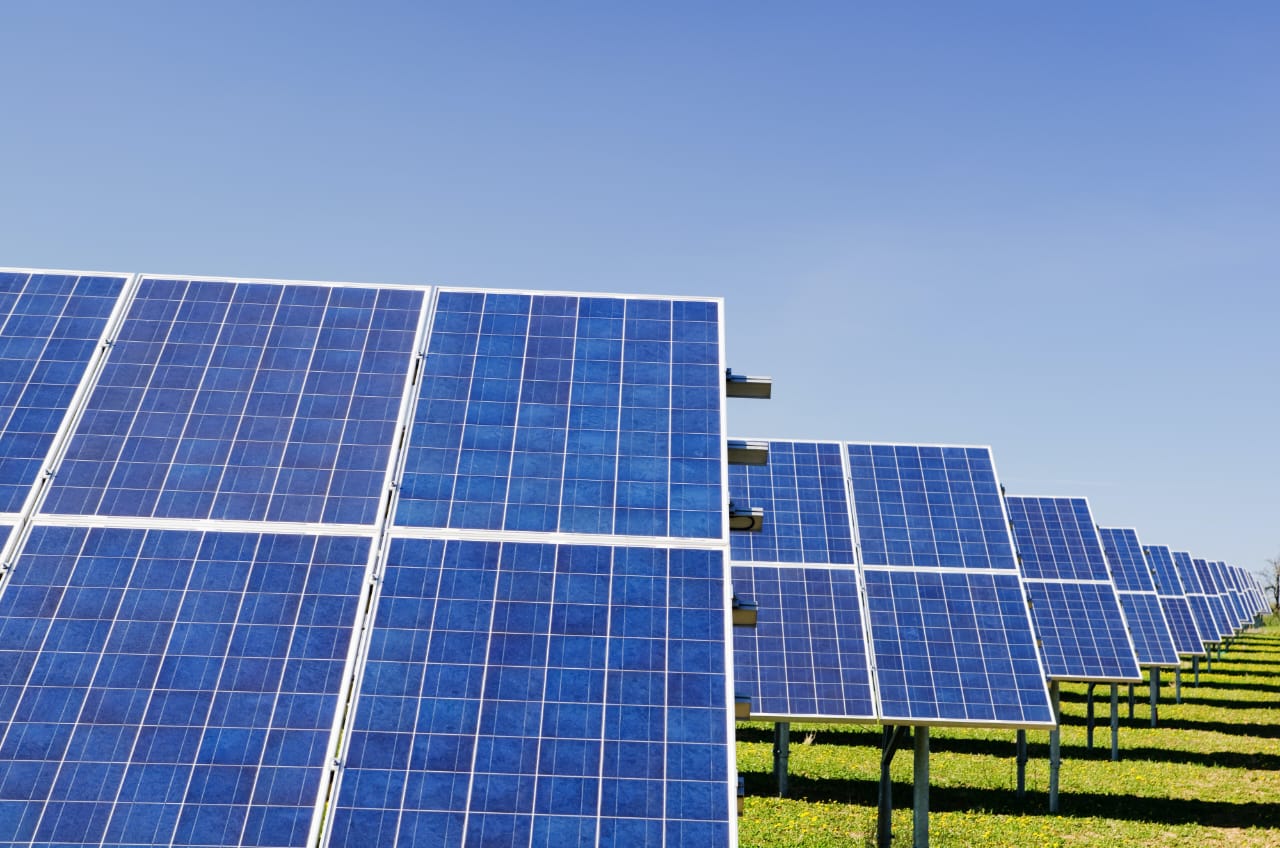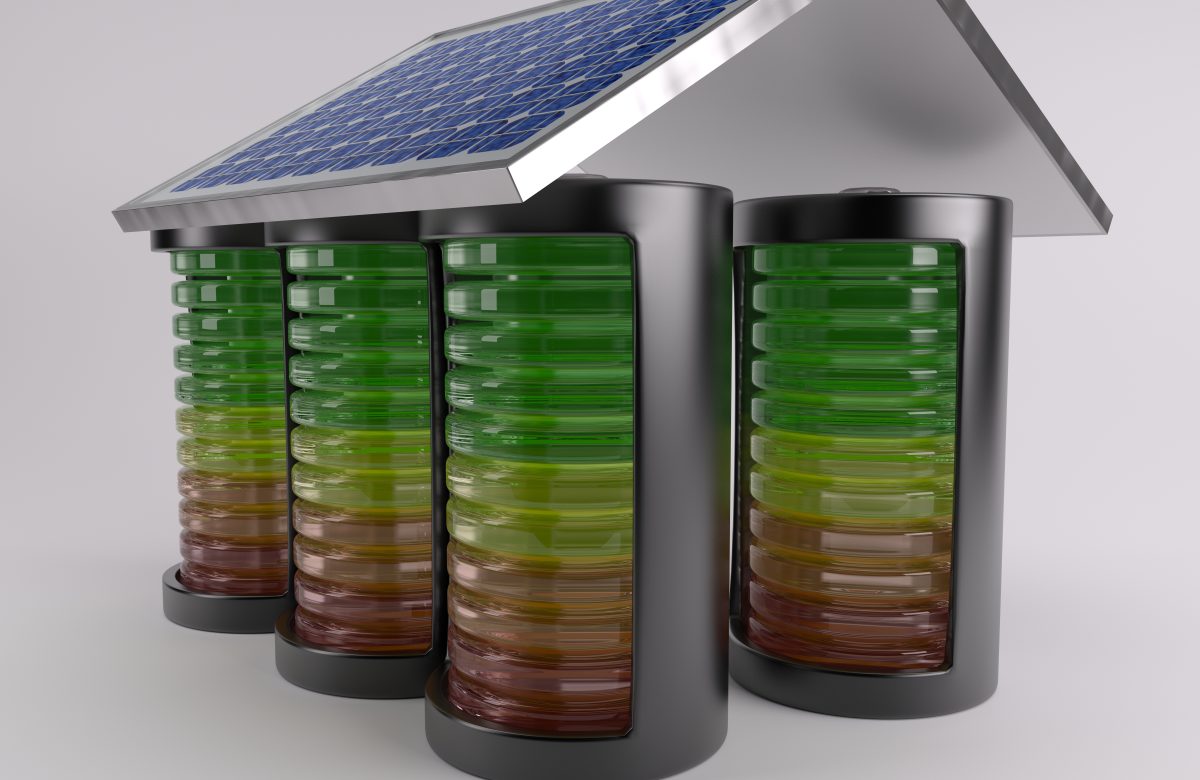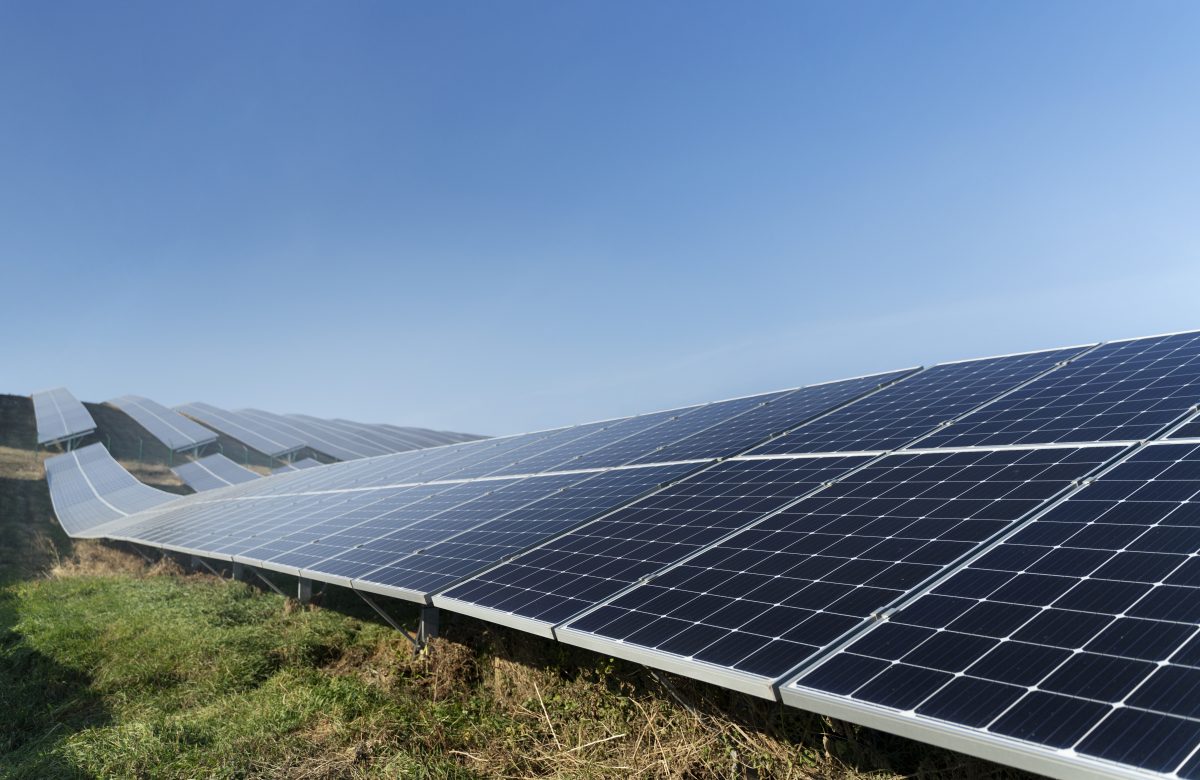
Solar Energy Terms Explained
Installing solar panels in your house or business in Nigeria is a smart way to save money and lower your utility bills.
However, with any cutting-edge technology, there might be a multitude of technical jargon, measures, and criteria that can confuse you.
That’s why we’re dedicating this blog post to discussing some of the most commonly used solar energy terms, so you can feel confident in your own quest to better understand how to go solar in Nigeria and choose the right solar energy company that suits your needs.
Solar Energy Terms You need to Know
Solar Panels:
These are devices that convert sunlight into electricity using photovoltaic cells and these cells are made of semiconductor materials that generate a direct current (DC) when exposed to sunlight.
Photovoltaic Cells:
Photovoltaic cells serve as the fundamental building blocks of solar panels. They absorb sunlight and release electrons, thereby creating an electric current that can be harnessed as energy.
Inverter:
An inverter plays a crucial role as it transforms the direct current (DC) generated by solar panels into alternating current (AC), the type of electricity used in homes and businesses.
Solar Irradiance:
This quantifies the amount of sunlight energy received on a given surface area during a specific time period. This factor significantly impacts the energy output of solar panels.
Solar Efficiency:
Solar efficiency measures how effectively solar panels convert sunlight into electricity. Higher efficiency equates to greater electricity generation from the same amount of sunlight.
Net Metering:
Solar panel owners generate excess electricity and contribute it to the grid through a billing arrangement known as net metering. This process enables them to receive credits that can offset the cost of grid electricity during periods of low sunlight.
Grid-Tied System:
A grid-tied solar system connects to the electrical grid, allowing the excess electricity to be fed back into the grid. It frequently involves net metering arrangements.
Off-Grid System:
An off-grid solar system operates independently of the grid and relies on battery storage to store excess energy for use when sunlight is not available.
Hybrid System:
A hybrid solar system combines elements of both grid-tied and off-grid systems. It can seamlessly switch between using stored energy and drawing from the grid as needed.
Renewable Energy:
Renewable energy derives from natural sources replenished at a faster rate than they are consumed. Examples include sunlight and wind, which are constantly replenished.
Carbon Footprint:
Solar energy significantly reduces carbon emissions compared to traditional fossil fuels, thereby contributing to a cleaner environment.
Solar Farms:
These large-scale installations comprise numerous solar panels and are utilized to generate electricity for communities or utilities.
We hope that this blog post provides you with a complete understanding of key solar energy terms, allowing you to make informed decisions about switching solar.
Whether you’re thinking about installing solar panels on your roof or simply want to remain up to date on renewable energy trends, this blog post will be a great resource on your journey to a brighter future.




1 Comments
[…] Solar Energy FAQs 10 Practical Tips to Save Energy and Lower your Electricity Bills Solar Energy Terms Explained Solar Energy Myths and Facts The Cost of Installing Solar Panels in Nigeria in 2023 The […]